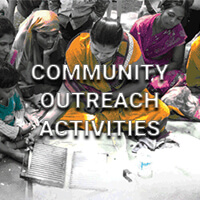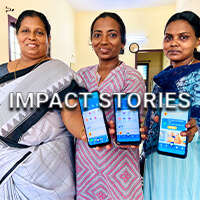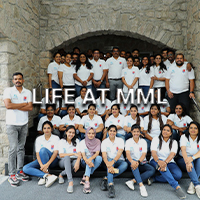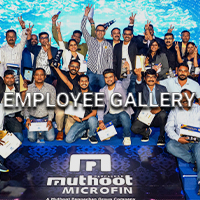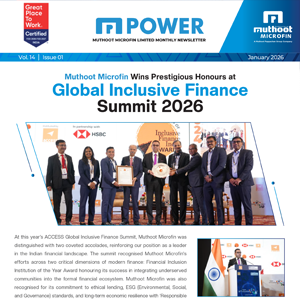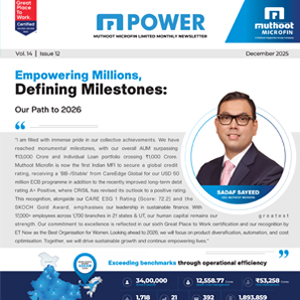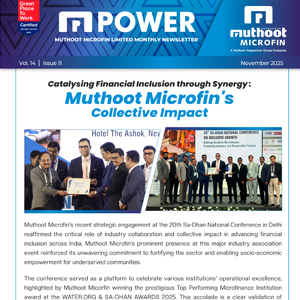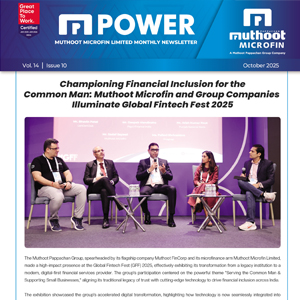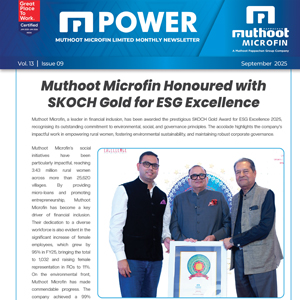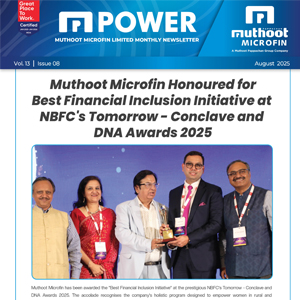ESG Approach

Public Sector Banks
- State Bank of India
- Punjab National Bank
- UCO
- Bank of Baroda
- Indian Bank
- Punjab and Sind Bank
- Union Bank of India
- Canara Bank
- Bank of Maharashtra
- Indian Overseas Bank
Private Sector Banks
- South India Bank
- HDFC Bank
- Canara Bank
- ICICI
- IDBI
- Axis Bank
- Bandhan Bank
- Karur Vysya Bank
- YES Bank
- Kotak Mahindra Bank
- IDFC
- Karnataka Bank
- Federal Bank
- DCB Bank
- State Bank of Mauritius
Foreign Banks
- Woori Bank
- HSBC
- National Bank of Ras Al Kaimah
- Standard Chartered Bank
- DBS
- Doha Bank
- ICBC
- Bank of Behrain and Kuwait
- Kookmin Bank
NBFC
- Mahindra Finance
- NABFINs
- J M Financials Limited
- Aditya Birla Finance Limited
- Tata Capital
- Piramel Enterprises Limited
- Credit Saison
- Hero Fincorp
- MAS financial Services
- Sundaram Finance
- HLF
- Norther Arc Capital
- L&T Finance
SFBs
- Jana SFB
- Suryoday SFB
DFI’s
- Blue Orchard
- MUDRA
- SIDBI
- NABARD
- Nabsamrudhi
- Water equity
- Nabkisan Finance Ltd
- responsAbility
Policies
ESG Policy
 Download
Download
Human Rights Policy
 Download
Download
Framework – Human Dignity & Security Services
 Download
Download
Framework – Child & Forced Labour
 Download
Download
Management of Conflict of Interest
 Download
Download
Gender Equal Opportunity
 Download
Download
Water Policy
 Download
Download
GHG Policy
 Download
Download
Energy Management
 Download
Download
Waste Management
 Download
Download
Our ESG Approach
(Environmental, Social and Governance)
As these criteria help us to better determine the futuristic goals of our business, the organisation strives hard to positively impact the ESG aspects through its operations and societal interactions
Given below is a snapshot of our imprint towards the organisation’s ESG goals.
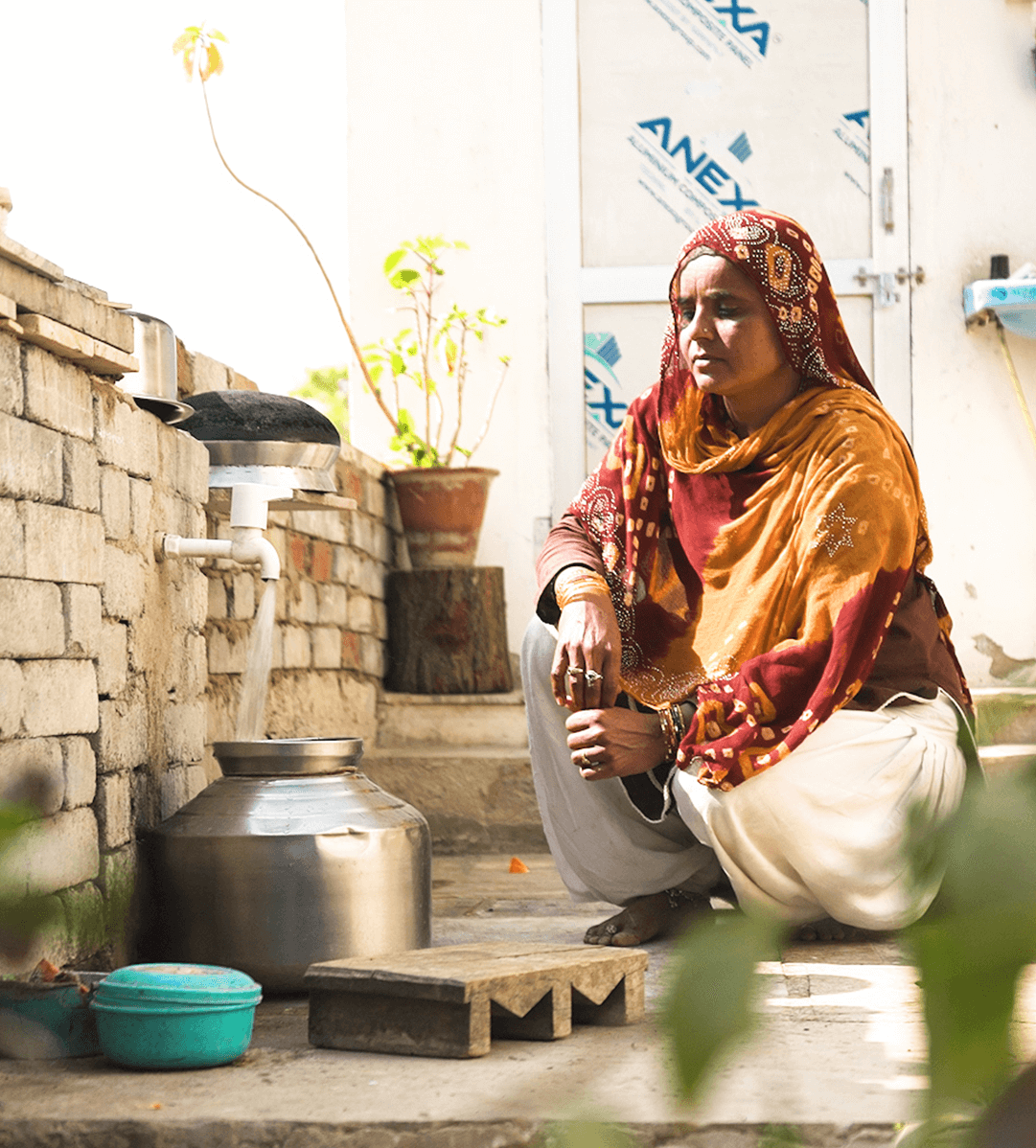
-
- Creates employment opportunities in India’s rural sectors leading to less migration and less burden on urban infra and thereby reduces pollution.
- Seventy percent of finance offerings are utilised for agricultural and related activities.
- Promotes renewable energy & wellbeing by financing solar lanterns, sanitation facilities and bicycles.
- Undertakes sapling plantations across our operational geographies.
- Organisation is moving towards total paperless operations.
- As per MicroEnergy Credits:
Muthoot Microfin has empowered 6,52,205 households with clean energy.
Has empowered 2,813,608 individuals.
Helped reduce 5,01,085 tonnes CO2 emissions.
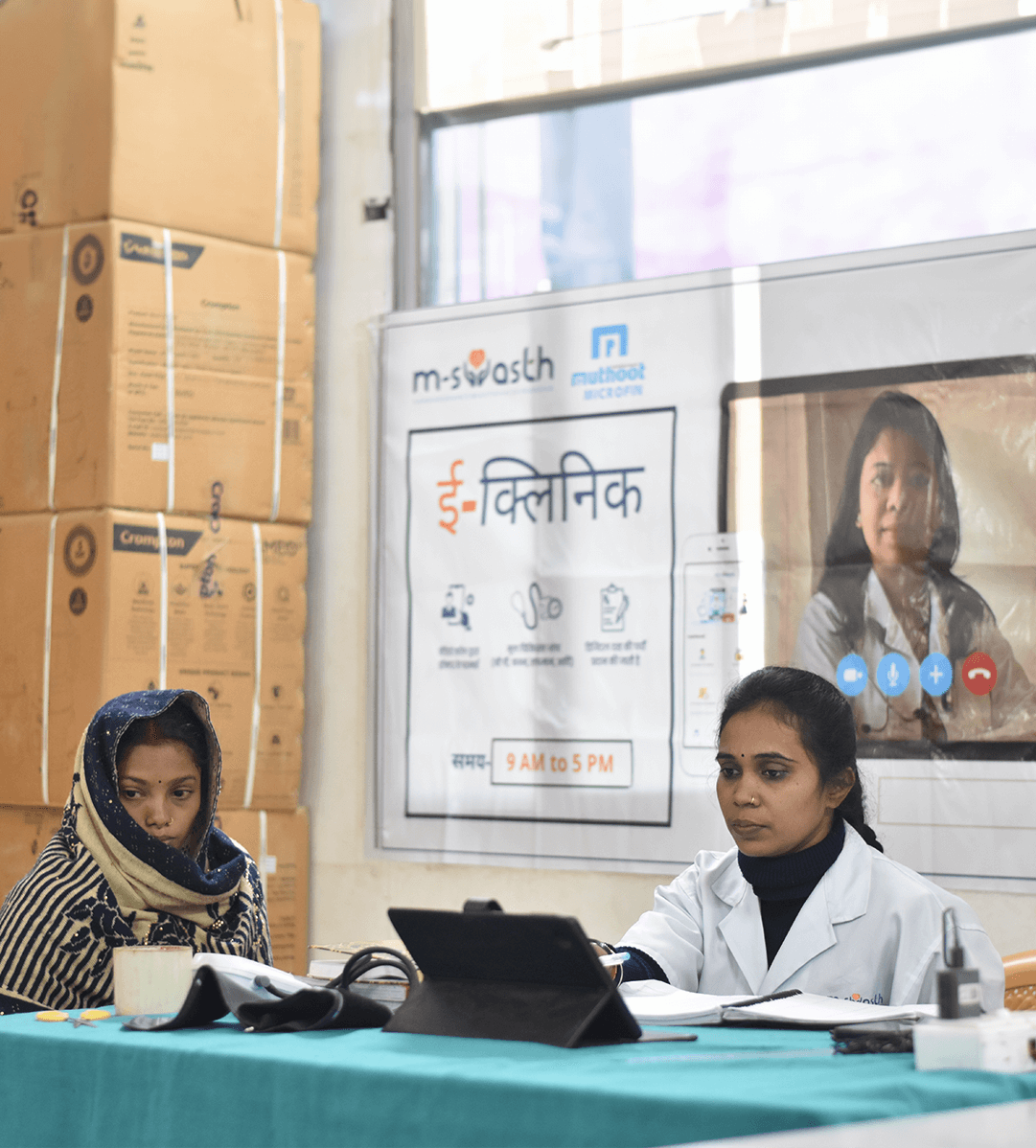
- Committed to Financial Inclusion and Women Empowerment
- Diverse and highly experienced Board of Directors
- #RestartIndia campaign helping micro and small enterprises to restart businesses post Covid-19 crisis
- Offers skill development training to rural women to help them find jobs or start their own ventures with minimum capital
- Undertakes several Community Outreach Activities – starting from free breast cancer testing for rural women to relief activities during natural calamities and pandemic
- Offers financial literacy and insurance coverage for rural households
- Gives utmost importance to customer relationships and apart from grievance mechanism and customer care cells, engages them on social media
- For employees, the organisation offers the Industry best remuneration, monthly & yearly bonuses, upskilling training programs, paid leaves and much more apart from the legally bound benefits
- Employee Protection Policies are in place to preserve the rights of every employee.
- Varied employee engagement activities are held continuously to keep up the morale and mental health of employees
- Winner of the prestigious Great Place To Work certification and recognition among Best 30 BFSI companies in India by GPTW Institute.
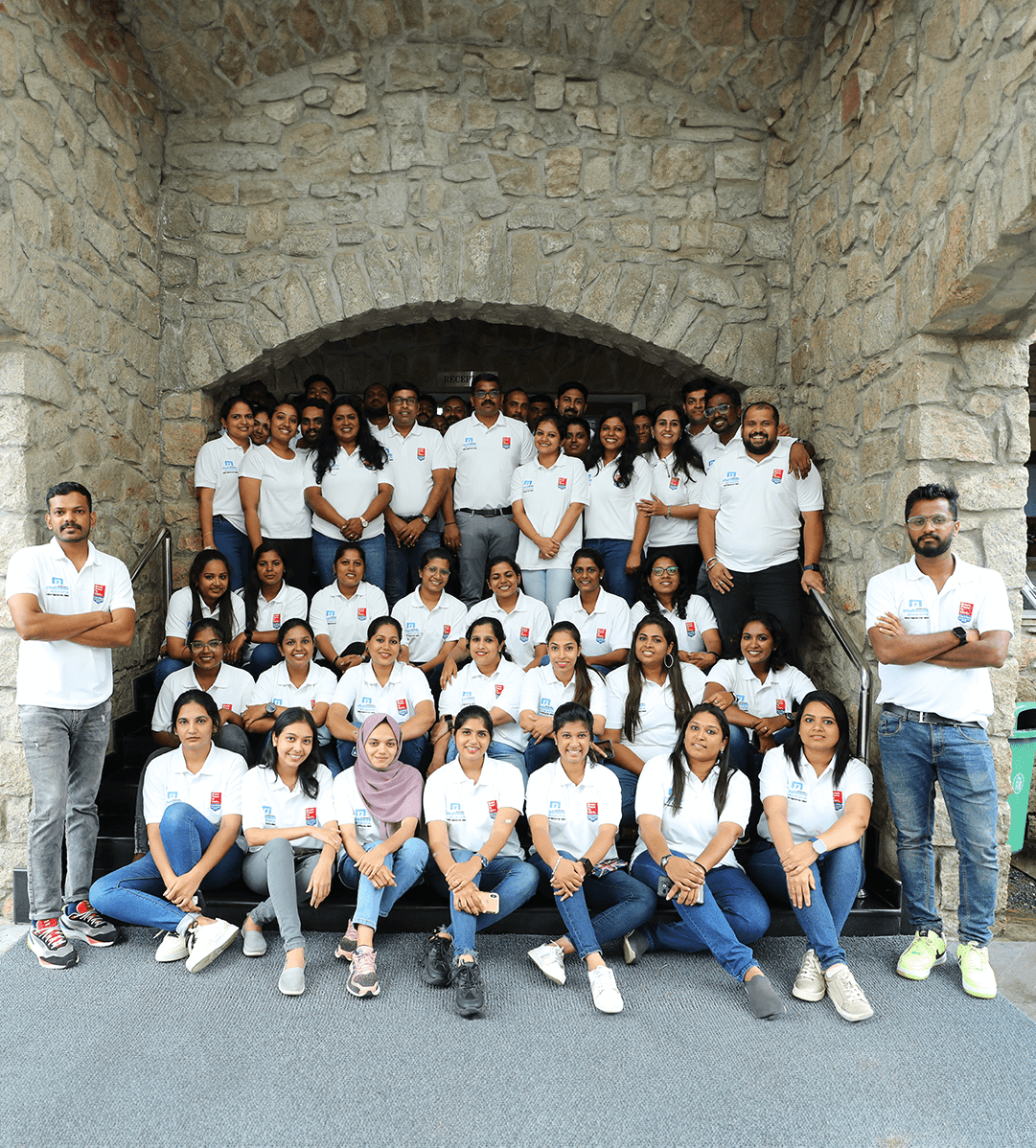
- Long-term strategic and sustainable vision for the organisation.
- Diverse and highly experienced Board of Directors.
- Properly structured Board capable of taking independent and objective decisions
- Equal participation of Independent and Women directors in the board.
- Regular performance and compensation review
- Auditor independence and transparency
- Emphasis on shareholder rights
- Board remains in effective control of the affairs of the company
- Transparent financial reporting
- Addresses interest of all stakeholders
- Operates in a highly regulated environment with an excellent compliance track record.
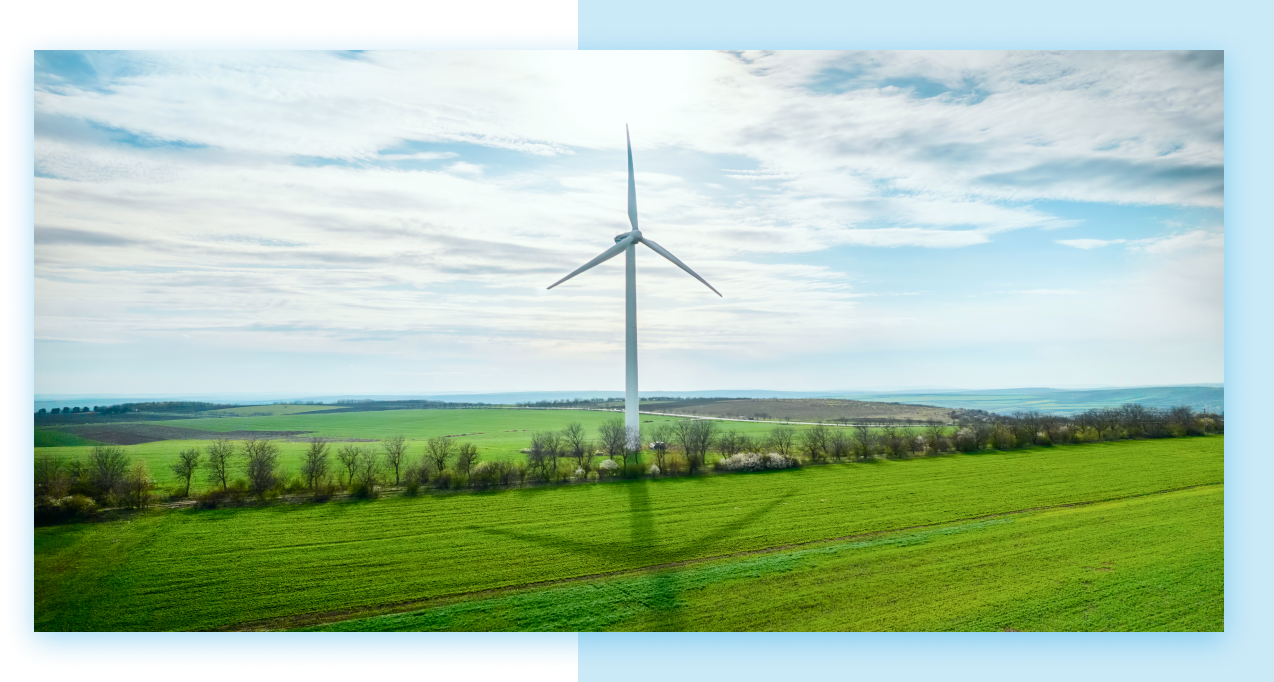
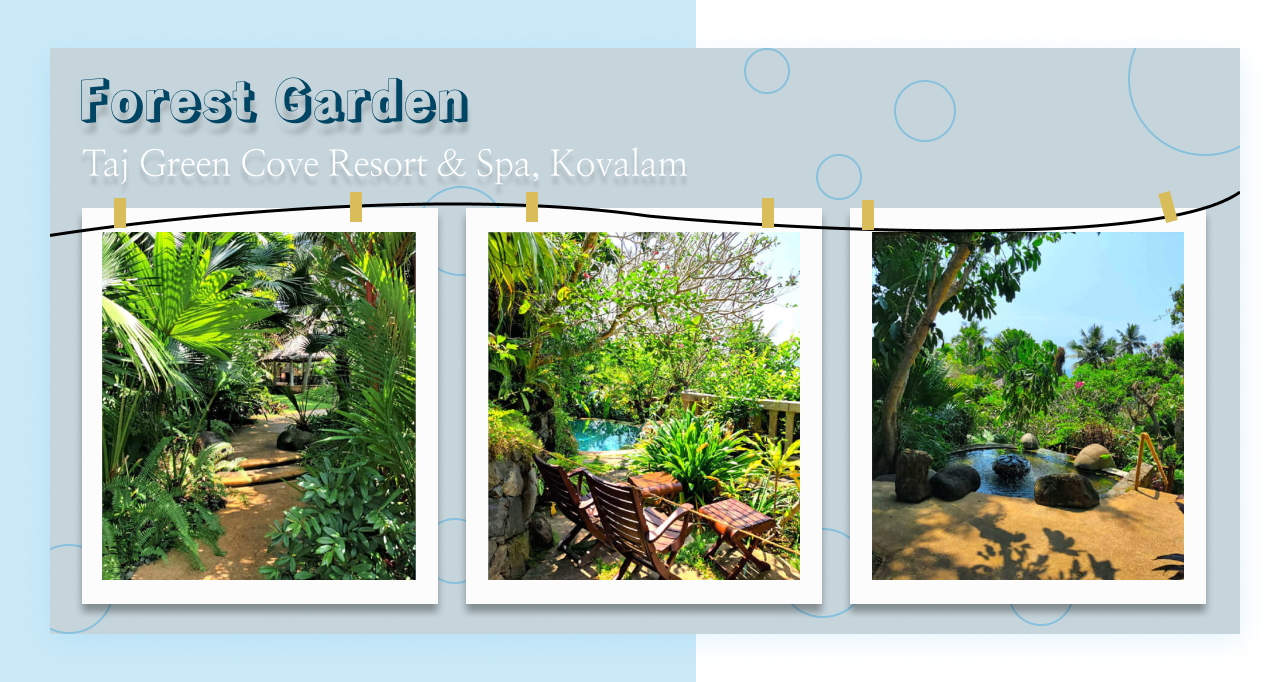
Newsletter
Quarterly Compliance
Quarterly Compliance
Quarterly Compliance
Liquidity Risk Management
Disclosure on Liquidity Risk – December 2025
Disclosure on Liquidity Coverage – December 2025
Disclosure on Liquidity Risk – September 2025
Disclosure on Liquidity Risk – June 2025
Disclosure on Liquidity Risk – March 2025
Disclosure on Liquidity Risk – December 2024
Disclosure on Liquidity Risk – September 2024
Disclosure on Liquidity Risk – June 2024
Disclosure on Liquidity Risk – March 2024
Disclosure on Liquidity Risk – December 2023
Disclosure on Liquidity Risk – September 2023
Disclosure on Liquidity Risk – June 2023
Disclosure on Liquidity Risk – March 2023
Disclosure on Liquidity Risk – December 2022
Disclosure on Liquidity Risk – September 2022
Disclosure on Liquidity Risk – June 2022
Disclosure on Liquidity Risk – March 2022
Disclosure on Liquidity Risk – December 2021
Disclosure on Liquidity Risk – September 2021
Disclosure on Liquidity Risk – June 2021
Disclosure on Liquidity Risk – March 2021
Disclosure on Liquidity Risk – December 2020
Disclosure on Liquidity Risk – September 2020
Disclosure on Liquidity Risk – June 2020
Disclosure on Liquidity Risk – March 2020
Disclosure on Liquidity Risk – December 2019
Market Linked Debentures
MLD Valuation – 19 June 2024
Public Sector Banks
- State Bank of India
Private Sector Banks
- Axis Bank


